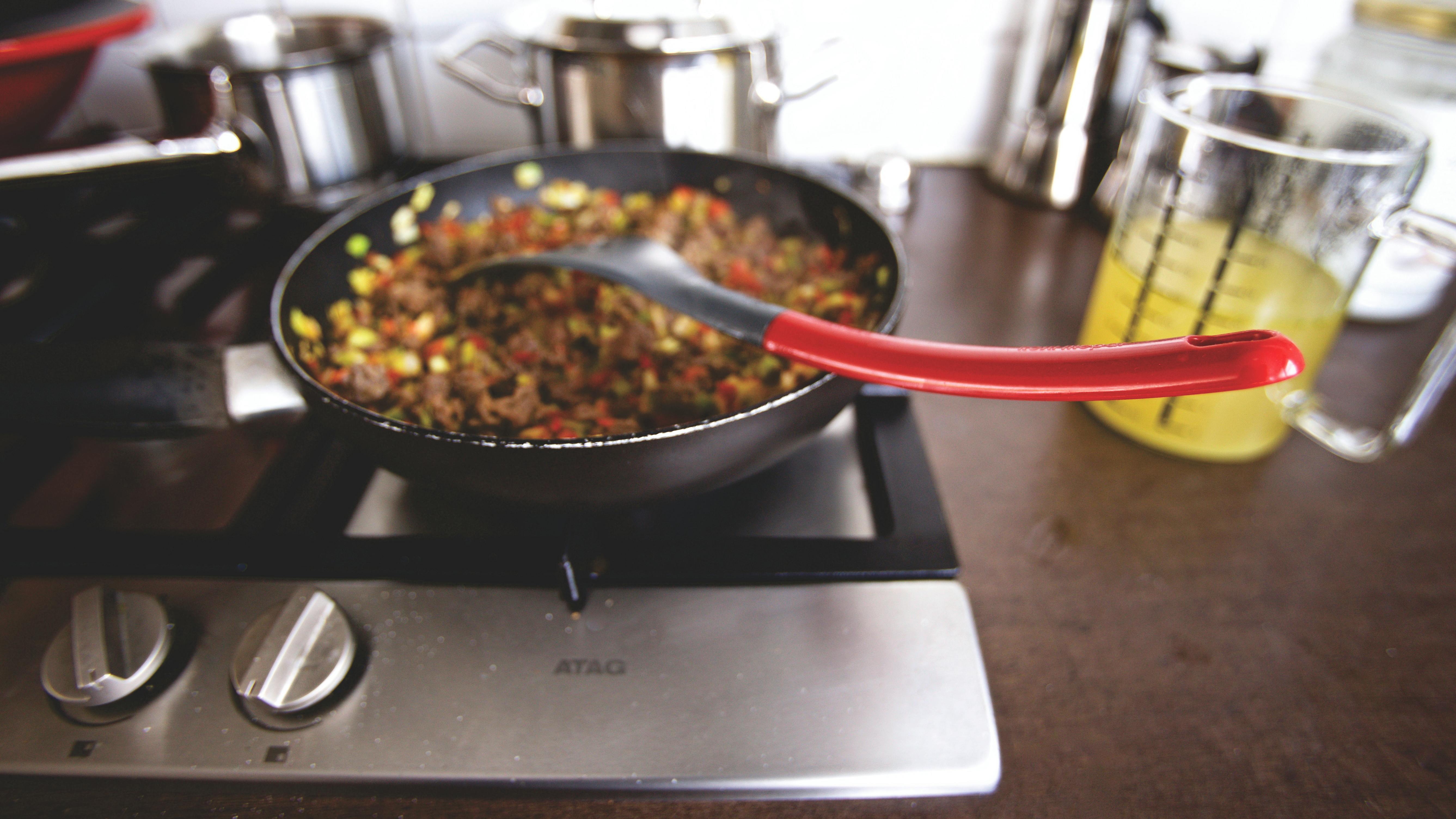Every year, homeowners spend hundreds of dollars cleaning up and repairing damage caused by infested birds. Pigeons love to perch on the edges of your roof looking for food or just basking in the sun. They can cause a lot of damage to the roof and endanger the health of you and your outdoor pet. Pigeons can carry any of 60 communicable diseases, including West Nile virus and histoplasmosis. Pigeon droppings can contain fleas, mites, and ticks. It is essential that the owners get rid of the pigeons as soon as they see them arrive.
One of the best ways to keep pigeons off your roof is to install bird spikes on the peaks and edges. Most pigeons first perch on the top or edge of a roof to look around and make sure they are safe, then walk around the roof looking for a good place to perch or nest. Bird beaks make it impossible for pigeons to perch on the areas covered by the beaks. If they can’t land on your roof, they will most likely move to a more hospitable location.
Bird spikes come in various types. There are plastic spike strips and also plastic with stainless steel spikes. Most bird spikes come in two-foot sections and are easily installed with adhesive or screws. When installing bird spikes on your roof, you will most likely want to use adhesive, as the nails or screws will drive holes in the roofing material.
Plastic bird spikes usually come in a variety of colors to match your roof. If you have a tile roof, you can get the terracotta colored spikes. Plastic bird skewers tend to be less expensive than the stainless steel model. They are made from a polycarbonate plastic similar to car headlights, so they are very rigid and will last quite a while on your roof.
Stainless steel bird skewers have a plastic base with stainless steel skewers. They are as easy to use as plastic picks; they are simply less visible once installed. The stainless steel spikes come in two foot sections and are easily installed with glue or screws. Again, it’s best to use glue on ceiling applications, since you don’t want to put holes in the ceiling. Once installed, the spikes make it virtually impossible for larger birds, such as pigeons and seagulls, to perch on the spikes and edges of the roof.
Installing bird spikes is a great weekend DIY project. Depending on the severity of the pigeon problem, most nailing jobs can take less than two to three hours to complete. It is important to perform a thorough cleaning before installing any type of bird control system. Pigeons and other birds are attracted to their scent, so they will try to land and nest in the same places year after year. It is best to disinfect and deodorize the area before installing the bird spikes. Take care before cleaning up bird feces; never remove dried feces, as you may inhale the dust, which can carry disease. Always moisten feces first and throw them into garbage bags for disposal.

